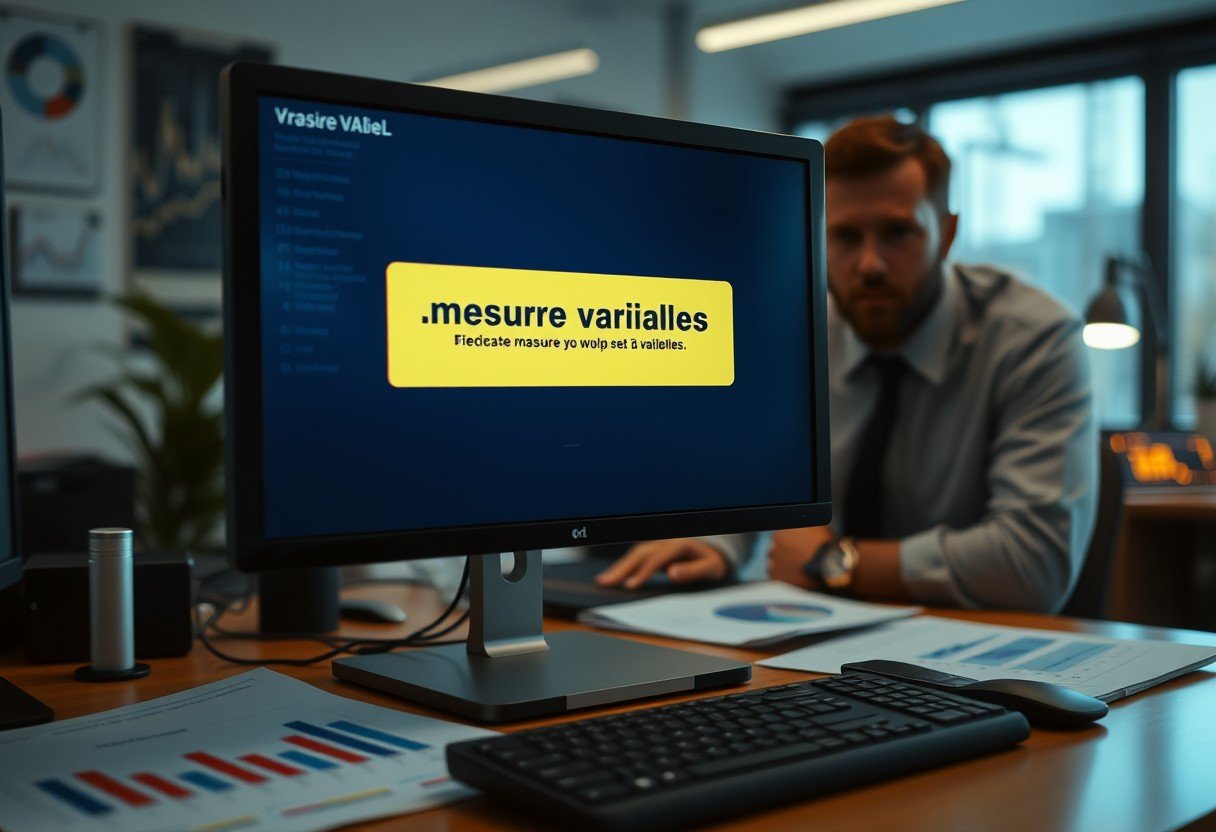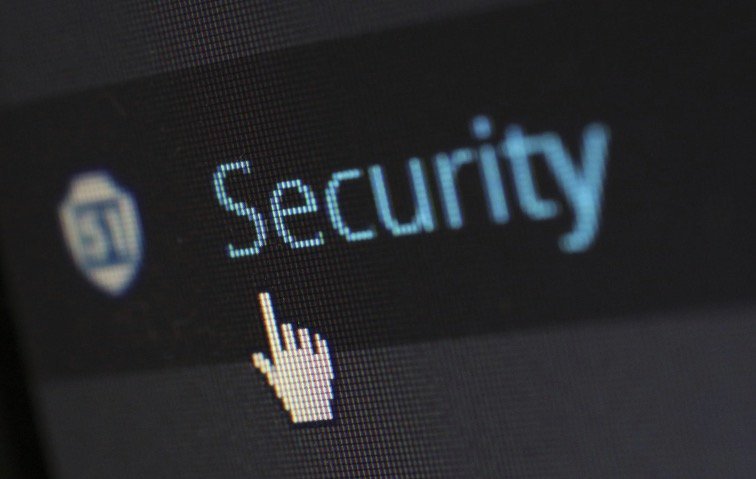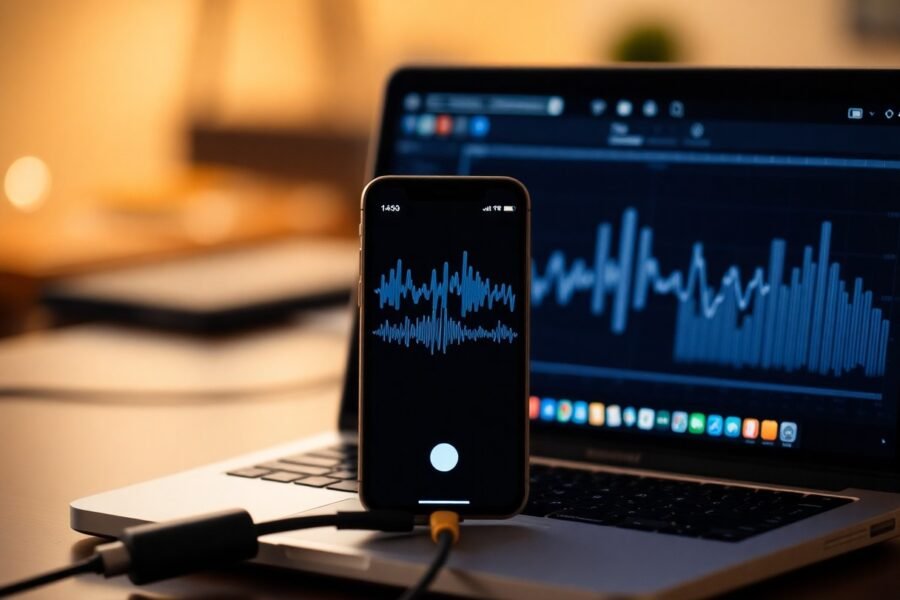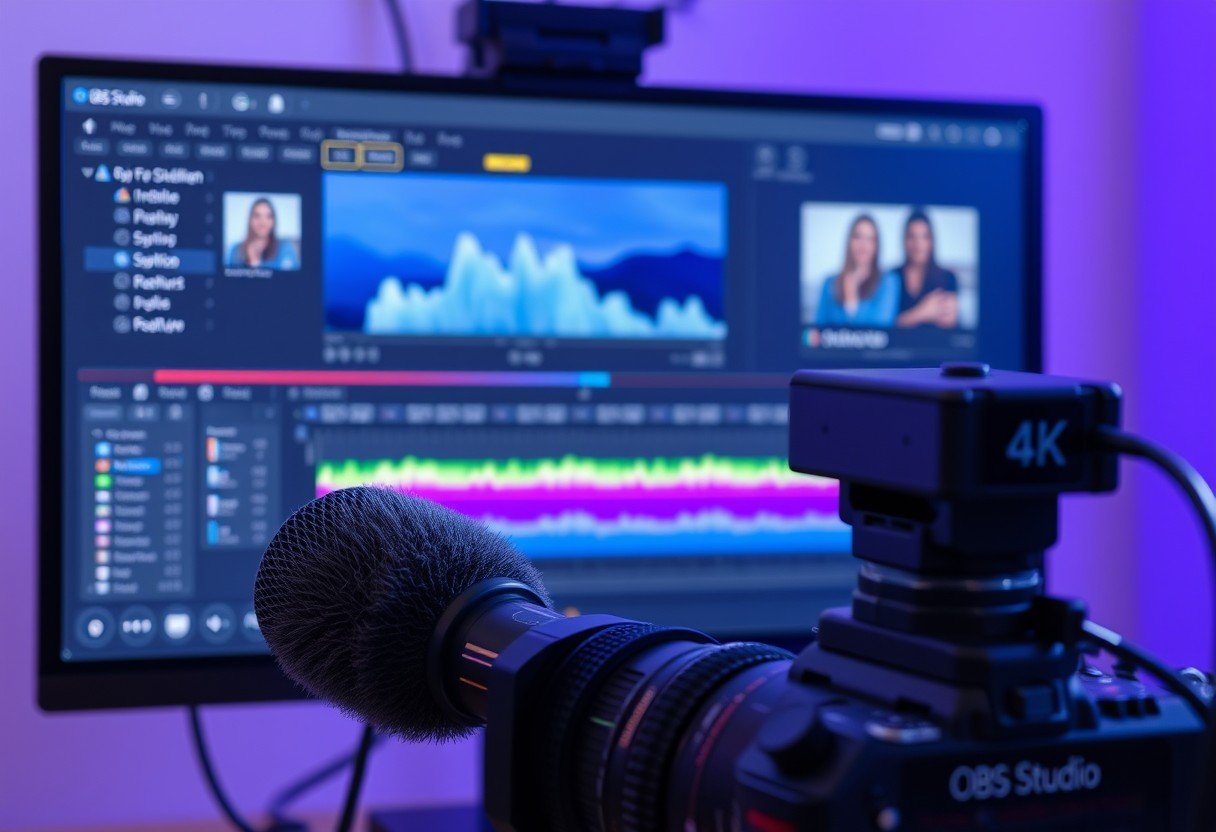As businesses increasingly adopt modern technology, cloud-based security cameras have become a popular choice for surveillance. They offer convenience with features like remote access through apps and websites. However, this convenience comes with significant security risks. For business owners, relying solely on the cloud can expose sensitive video and audio data to hackers, potentially leading to disastrous consequences for both the company and its customers.
Why are Cloud Security Systems so Popular?
The appeal of cloud security systems is easy to understand. They offer a level of convenience and accessibility that traditional systems often lack. Business owners can monitor their premises from anywhere in the world using just a smartphone or a computer.
This remote access is a major selling point, allowing for real-time checks on operations, employee activity, and security status without needing to be physically present. Additionally, cloud storage eliminates the need for bulky on-site servers and the maintenance they require.
Many systems also come bundled with advanced analytics, providing insights into customer traffic and operational efficiency, which is an attractive feature for any data-driven business.
The Growing Concern over Digital Privacy
While technology offers great benefits, public concern about privacy is at an all-time high. A survey by Blue Fountain Media revealed that 90% of people are worried about their privacy. This isn’t just about government surveillance; it’s also about massive corporations tracking our every move.
A Princeton study highlighted the extent of this tracking, finding that 76 percent of websites contain hidden Google trackers and 24 percent contain hidden Facebook trackers.
This concern has moved from the online world into our physical spaces with the rise of IoT devices like Amazon’s Alexa and Google Home. These devices have proven that they can be vulnerable, extending the threat of surveillance and data collection right into our offices and homes.
How Hackers can Exploit your Cloud Cameras
A fully cloud-based surveillance system creates a single point of failure. If a hacker gains access to your cloud account, they could potentially access everything. This isn’t a theoretical threat. The security firm Checkmarx demonstrated this by successfully converting an Amazon Alexa device into a spying tool with relative ease.
Although Amazon fixed that specific vulnerability, hackers are constantly searching for new exploits. Your security system is a prime target because it contains valuable information. Hackers can use compromised cameras to record sensitive conversations, track employee and customer movements, and gather intelligence for more sophisticated attacks.
The Devastating Impact on your Small Business
For a small business, the consequences of a security breach can be catastrophic. According to industry statistics, forty-three percent of cyber attacks target small businesses. The fallout from such an attack is often too much to overcome.
A breach in your security camera system can lead to several severe outcomes:
- Loss of Customer Trust: Once customers know their privacy was violated at your business, that trust is incredibly difficult, if not impossible, to win back.
- Financial Ruin: The costs associated with a breach, including legal fees, fines, and lost business, are substantial. A shocking sixty percent of small businesses go out of business within six months of a cyber attack.
- Competitive Disadvantage: Hackers could steal trade secrets, customer lists, or operational data, giving your competitors an unfair advantage.
The data compromised from your security system can put the very people you aim to protect at risk, and your business may be held liable for the damage.
A Safer Alternative: The Hybrid Security Model
This doesn’t mean you must avoid modern technology altogether. The key is to choose a system that minimizes risk. A hybrid security system offers a much safer alternative to a fully cloud-based solution.
Hybrid systems use both local storage (on-premise) and cloud storage. This approach, known as data siloing, prevents a single hack from exposing all your data. If a hacker breaches the cloud component, they may only access a fraction of the information, as the rest is safely stored locally.
This small difference in architecture can mean everything. That protection can mean the difference between a consumer having all of their sensitive data exposed or only some of it.
Here is a simple comparison of the two models:
| Feature | Fully Cloud-Based System | Hybrid System |
|---|---|---|
| Data Storage | Exclusively on remote servers | Both on-site (local) and remote (cloud) |
| Vulnerability | Single point of failure; high risk | Data is siloed; lower risk |
| Internet Reliance | Completely dependent on internet connection | Can record locally even if internet is down |
| Data Access | Convenient remote access | Secure local access with optional cloud backup |
Protecting your Business and your Customers
As a business owner, you have a responsibility to protect your customers. They already worry about “Big Brother” and large tech companies invading their privacy. They should not have to add your business to that list of concerns.
Choosing a security system that is not fully reliant on the cloud is a critical step in upholding that responsibility. By investing in a more secure hybrid model, you not only protect your sensitive data but also preserve the trust you have built with your customers. In today’s world, that trust might be the most valuable asset you have.
Frequently Asked Questions about Cloud Camera Security
What is a cloud-based security camera?
A cloud-based security camera is a surveillance device that records video and stores it directly on a remote server over the internet. This allows users to access their footage from anywhere through a web browser or mobile app.
Are all cloud security systems bad for businesses?
Not necessarily, but systems that are fully reliant on the cloud present a higher security risk. A single point of failure means a breach could expose all of your recorded data, making it a less secure option for protecting sensitive business operations.
What is a hybrid security system?
A hybrid security system combines local, on-premise storage with cloud backup. It records footage to a local device like a DVR or NVR first and then can upload important clips or backups to the cloud, offering a more secure, layered approach.
Why are small businesses targeted by cyber attacks?
Hackers often target small businesses because they typically have fewer cybersecurity resources and defenses than large corporations. This makes them easier targets for stealing valuable data, such as customer information and financial details.
Can hackers really watch my live camera feed?
Yes, if hackers gain access to your cloud account credentials or exploit a vulnerability in the system’s software, they can potentially view your live and recorded video feeds. This is one of the most significant risks associated with cloud-only security systems.









Leave a Comment